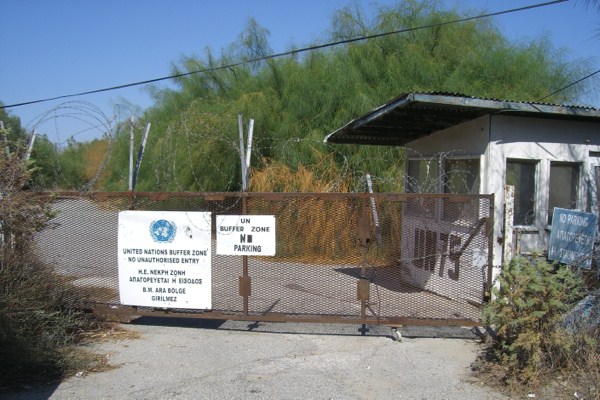Greek Foreign Minister Evangelos Venizelos has announced that he will visit Turkey later this month. That comes after Cypriot President Nicos Anastasiades suspended peace talks with northern Cyprus last month when Turkey declared plans to search for oil and gas off the southern coast of the island.
The island of Cyprus has been divided since 1974 between the predominantly Greek Cypriot south and mainly Turkish north. Only Turkey recognizes the latter as an independent country. The United Nations has maintained a peacekeeping force in Cyprus since 1964, the longest-running U.N. peacekeeping operation in existence.
There was optimism for a long-sought resolution to the intractable conflict earlier this year when both sides, with the help of the United States, were able to agree on the wording of a joint statement establishing the parameters for renewed reunification talks. “There was a sense that someone has broken the deadlock,” explains James Ker-Lindsay, Eurobank EFG senior research fellow on the politics of South East Europe at the London School of Economics.

